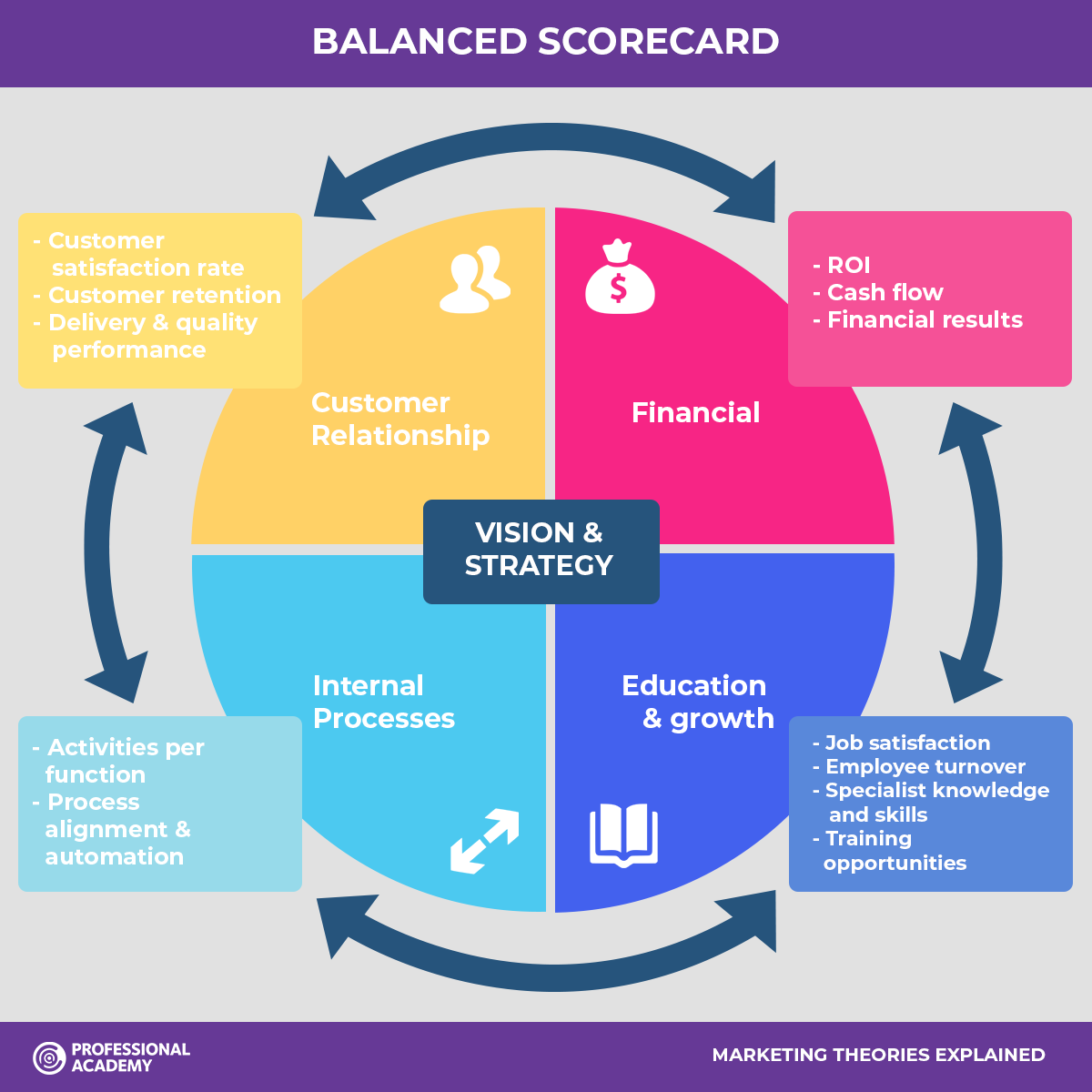Session 5 & 6
29 Oct, 2021 & 2 Nov, 2021
These two sessions were purely based on the presentations given by the students to further our understanding of concepts such as Hawthorne's Experiment, Henri Fayol's 14 Principles Of Management, Frederick Winslow Taylor's Scientific Principles Of Management and McGregor's X and Y Theory.
Through pictorial representations, I'd like to give you an insight into these sessions
The first is Frederick Winslow Taylor's Scientific Principles Of Management. According to Taylor, “Scientific Management is an art of knowing exactly what you want your men to do and seeing that they do it in the best and cheapest way”.

- illumination Experiments (1924-27); to determine the effects of changes in illumination on productivity
- Relay Assembly Test Room Experiments (1927-28); to determine the effects of changes in working conditions on productivity
- Mass Interviewing Programme (1928-30); to determine worker attitudes and sentiments
- Bank Wiring Observation Room Experiment (1931-32); to determine and analyse the social organisation at work




No comments:
Post a Comment